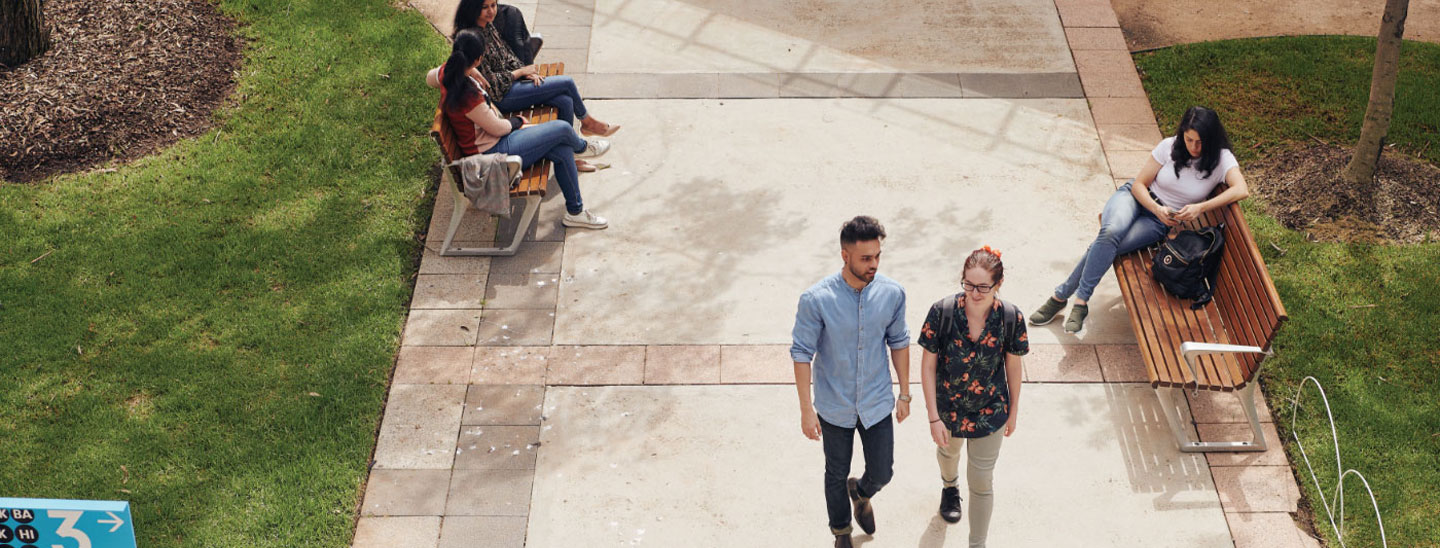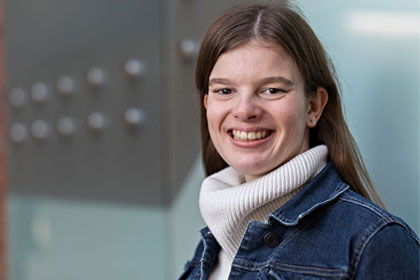- Left secondary education more than two years previously and haven’t undertaken VET or higher education study since then
- Have professional or work experience that can demonstrate your readiness for higher education
- Have completed non-formal programs that helped you prepare for tertiary education, or programs relevant to a higher education field of study you’re interested in
Entering higher education is a significant decision whichever stage of life you’re at, but especially when you’ve been out of the system for a while. Whether you haven’t studied for two years or 20, it’s very common for people to re-enter education and there are many advantages to it, which we’ll discuss.
First up, consider what’s on offer. A pathway into the 2nd year of a Deakin University degree, yes, but it’s more than that. You’ll certainly acquire the right subject specific knowledge, but this is also about preparing for university level study. Learning how to learn, in other words. The fact that we’re co-located with Deakin University allows you to soak up university life, with access to all facilities and services that Deakin University students have. Along the way you’ll have access to support that will hone valuable life experiences and transform you into a degree-ready learner.
The advantages
With some life experience under your belt, your career objectives are likely well thought through with a clear goal in mind, which is motivation enough to see you through the challenges ahead. You may well understand yourself a bit better than when you were a teenager, your strengths/weaknesses, likes/dislikes, so your chosen study path and career are ones that suit you well. You may well be able to apply life experiences to the classroom and the knowledge you’ve gained from work, society and the world. You’ve almost certainly developed other skills which might include those relating to organisation, self-discipline, confidence, and a host of others.
Hopefully you can see there’s good reason to be optimistic about entering education with some life experience behind you!
Take a look at our diploma courses and which degrees you can progress to.


